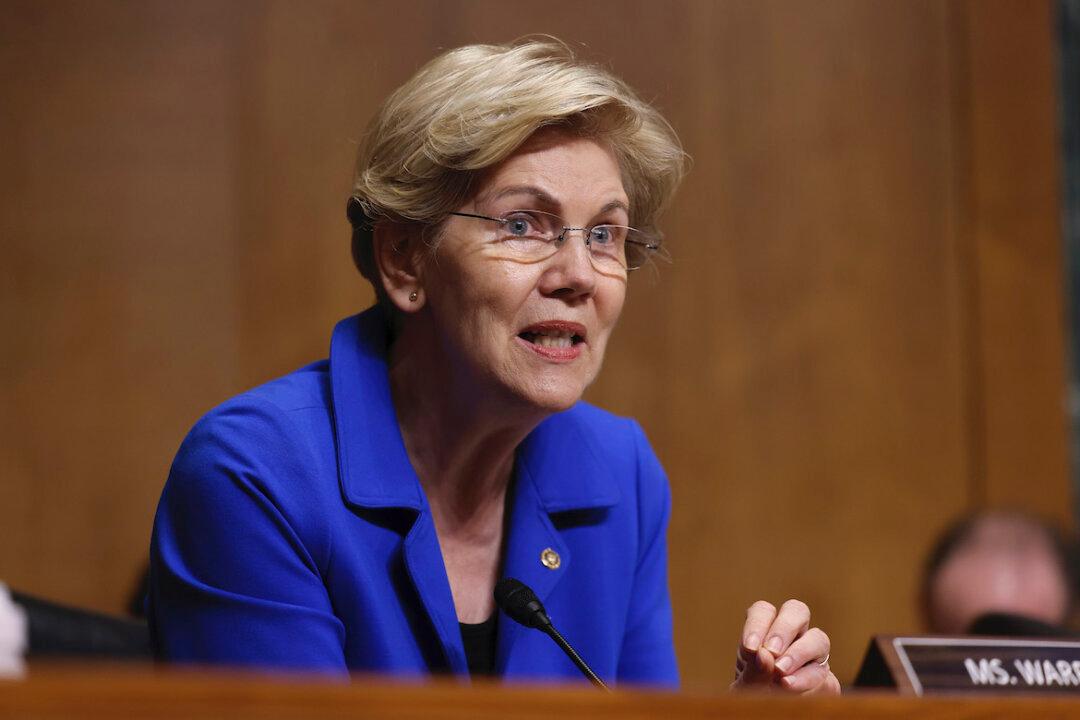Sen. Elizabeth Warren (D-Mass.) sent a letter to the Federal Reserve on Monday urging them to break up Wells Fargo and take “immediate action” regarding its “unethical and anti-consumer conduct”.
In a letter to Fed Chairman Jerome Powell, Warren noted that widespread corruption within the scandal-plagued bank poses “substantial risks” to both consumers and the financial system, and asked that the Fed revoke Wells Fargo’s status as a financial holding company and require the company to separate its traditional banking activities from its other financial activities.




